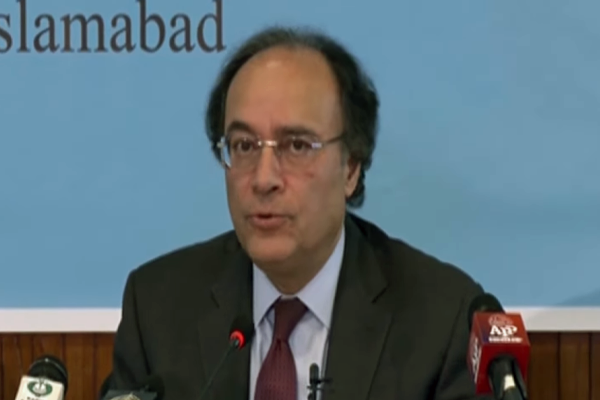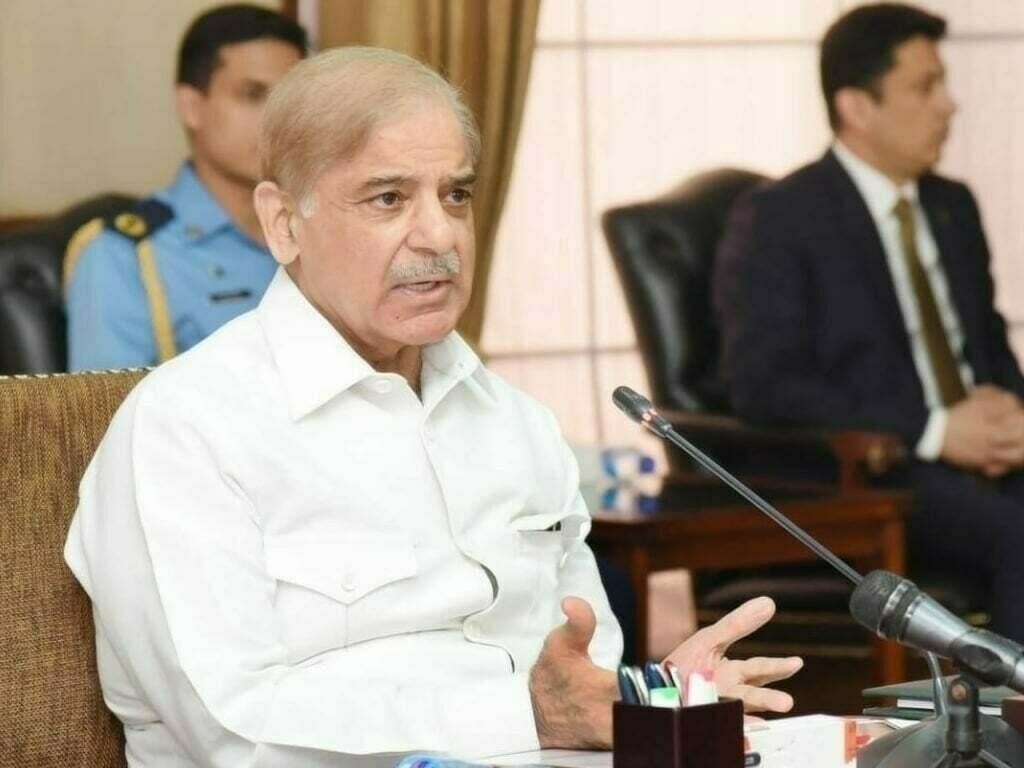PTBP Web Desk
Federal Finance Minister Senator Muhammad Aurangzeb recently engaged with members of the Pakistan Business Council (PBC) during his visit to Karachi, highlighting the government’s efforts in improving the country’s twin deficits and discussing strategies to ensure that the current International Monetary Fund (IMF) program becomes the last of its kind. The visit fostered a wide-ranging discussion on Pakistan’s economic stability and growth.
The Finance Minister acknowledged the significant sacrifices made by the formal sector due to front-loaded tax measures introduced under the IMF program. He assured the business leaders that as fiscal conditions improve, efforts would be made to alleviate this burden. This statement was met with appreciation, reflecting the formal sector’s pivotal role in stabilizing the economy.
The PBC Chairman, Shabbir Dewan, lauded the government’s achievements over the past nine months, emphasizing progress in economic stability. He was joined by PBC members, who collectively account for one-third of direct taxes, 40% of exports, and employ millions through their extensive value chains. The Finance Minister, accompanied by his advisor Khurram Shehzad, expressed admiration for PBC’s research and advocacy, particularly its “Make-in-Pakistan” initiative and reports differentiating between beneficial and detrimental foreign direct investment (FDI).
PBC members proposed strategies to enhance exports, especially of non-traditional goods. Recommendations included:
Encouraging the utilization of underused production capacity.
Negotiating reduced tariffs for apparel exports to the US, especially items made from US cotton, of which Pakistan is the largest importer.
Revisiting the Export Facilitation Scheme to allow domestic suppliers to serve exporters without incurring sales tax.
Reducing the 2% withholding tax on export receipts for low-margin goods.
The Finance Minister praised the Fast-Moving Consumer Goods (FMCG) sector’s progress in localizing inputs. However, he expressed reservations about protectionist policies without a sunset clause. Instead, he favored supporting industries achieving export sales benchmarks, aligning with a sustainable growth approach.
PBC members highlighted the challenges posed by an unlevel playing field between the formal and informal sectors. The Finance Minister sought support from the formal sector in identifying tax evaders, stressing the government’s commitment to transforming the Federal Board of Revenue (FBR) through technological advancements to broaden the tax base.
The Finance Minister reiterated the government’s commitment to sustainable economic reforms, emphasizing:
Ensuring fair competition between formal and informal sectors.
Leveraging technology to enhance tax collection and compliance.
Promoting industrial growth through strategic incentives for export-oriented businesses.
The discussion concluded with the Finance Minister requesting PBC CEO Ehsan Malik to compile and summarize the recommendations shared during the meeting. The proposals are expected to shape future economic policies aimed at bolstering Pakistan’s economic resilience and growth trajectory.




